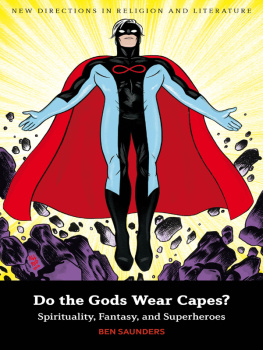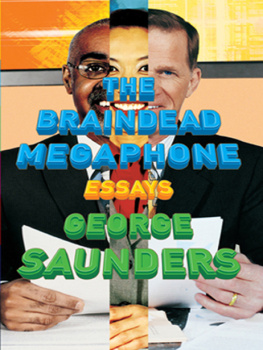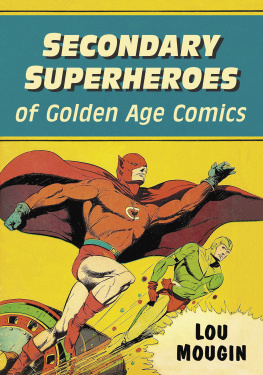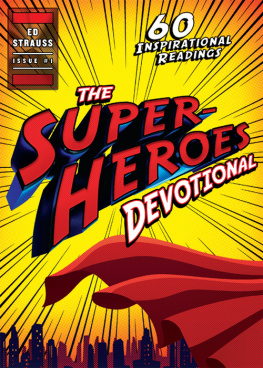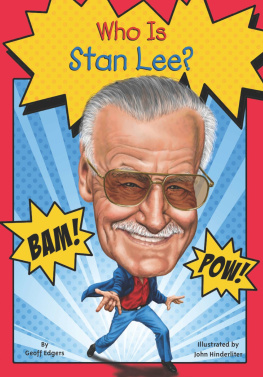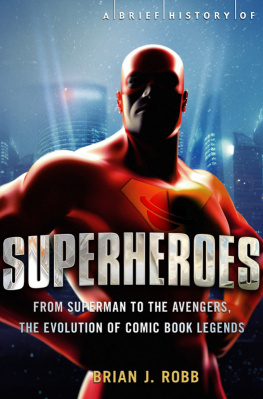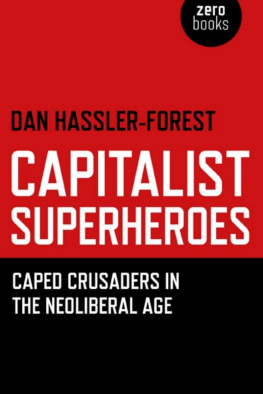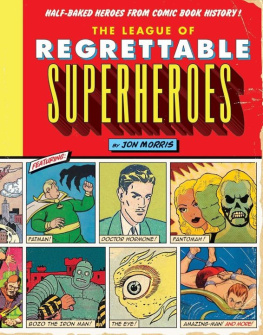DO THE GODS WEAR CAPES?
New Directions in Religion and Literature
Series Editors: Mark Knight, Roehampton University and
Emma Mason, University of Warwick
This series aims to showcase new work at the forefront of religion and literature through short studies written by leading and rising scholars in the field. Books will pursue a variety of theoretical approaches as they engage with writing from different religious and literary traditions. Collectively, the series will offer a timely critical intervention to the interdisciplinary crossover between religion and literature, speaking to wider contemporary interests and mapping out new directions for the field in the early twenty-first century.
Titles in the series include:
The New Atheist Novel: Fiction, Philosophy and Polemic after 9/11
Arthur Bradley and Andrew Tate
Blake. Wordsworth. Religion.
Jonathan Roberts
DO THE GODS WEAR CAPES?
SPIRITUALITY, FANTASY, AND
SUPERHEROES
BEN SAUNDERS

Continuum International Publishing Group
The Tower Building | 80 Maiden Lane |
11 York Road | Suite 704 |
London SE1 7NX | New York, NY 10038 |
www.continuumbooks.com
Ben Saunders 2011
All rights reserved. No part of this publication may be reproduced or transmitted in any form or by any means, electronic or mechanical,
including photocopying, recording, or any information storage or retrieval system, without prior permission in writing from the publishers.
Ben Saunders has asserted his right under the Copyright, Designs and Patents Act, 1988, to be identified as Author of this work.
British Library Cataloguing-in-Publication Data
A catalogue record for this book is available from the British Library.
ISBN: 9781441113115
Library of Congress Cataloging-in-Publication Data
A catalog record for this book is available from the Library of Congress.
For Larisa.
SERIES EDITORS PREFACE
This series of short monographs seeks to develop the long-established relationship between the disciplines of religion and literature. We posit that the two fields have always been intimately related, aesthetically, formally and theoretically, creating a reciprocal critical awareness framed by the relatively recent theo-literary thinking of figures such as Walter Benjamin, Martin Buber, Hans-Georg Gadamer, and Geoffrey Hartman. Committed to reflecting on the question of how these two disciplines continue to interact, we are particularly concerned to redress the marked evasion of this relationship within existing scholarship. As Stanley Fish recently declared, religion has the capacity to succeed high theory and race, gender and class as the centre of intellectual energy in academe. The books in this series are written by a group of critics eager to contribute to and read work intimate with both evolving and new religious and literary debates. Pursuing a variety of theoretical approaches to an array of literary and cultural texts, each study showcases new work on religion and literature while also speaking to wider contemporary concerns with politics, art, and philosophy. In doing so, the books collectively map out new directions for the field in the early twenty-first century.
Mark Knight
Emma Mason
ACKNOWLEDGMENTS
I would like to express my gratitude to the faculty, staff and graduate students at the University of Oregon who contributed to the success of the Understanding Superheroes conference, held on October 23 and 24, 2009, and the exhibition, Faster Than A Speeding Bullet: The Art of the Superhero, which ran from September 26, 2009 to January 3, 2010, at the Jordan Schnitzer Museum of Arttwo wonderful events that provided me with opportunities to develop some of the ideas in this book. My heartfelt thanks to: Lisa Abia-Smith, Barbara Altmann, Judith Baskin, Doug Blandy, Stacy De Hart, Karen Ford, Larry Fong, James Fox, Lisa Freinkel, Rick Gehrke, Andrea Gilroy, Andrew Grace, Jill Hartz, Richard Herskowitz, Erick Hoffman, Sharon Kaplan, Kom Konyosying, Kurt Neugebauer, Ken OConnell, Josh Plencner, Gretchen Ranger, Marilyn Reid, Stephen Rust, Deidre Sandvick, Carter Soles, Carol Stabile, Lauren Suveges, Connie Tapp, Lexy Wellman, Jenee Wilde, and Debbie Williamson-Smith. Im privileged to know you as colleagues, and proud to call many of you friends.
Im also grateful to the comic book creators and art collectors I met in the course of developing those projects: Mike Allred, Laura Allred, Marc Andreyko, Brian Michael Bendis, Kurt Busiek, Howard Chaykin, Steve Duin, Danny Fingeroth, Stephen Fishler, Matt Fraction, Michael T. Gilbert, Darrell Grimes, Jeff Harnett, Don Hilliard, Marc Kardell, David Mandel, Tony Marine, Jen Van Meter, Ethan Roberts, Greg Rucka, Stuart Sayger, Diana Schutz, Gail Simone, Vicki Sheridan, Hisako Sugiyama-Fisher, and Vincent Zurzolo. Thank you all for being so generous with your time, and in many cases, your valuable art. (And to Mike and Laura, redoubled thanks for the quite literally awesome cover!)
The Office of the Vice President for Research and Graduate Studies helped with a research stipend for the summer of 2010; I sincerely thank the members of the selection committee for their faith in my work.
Lara Bovilsky, Matt Fraction, Charles Hatfield, Greg Rucka, Paul Peppis, and Richard Stein all read portions of the manuscript in rough draft. Yall are my real-life heroes. Your encouragement has meant more than you can know, and your comments have saved me embarrassment. Likewise, To The League of Extraordinary BagelmenRick Colby, Justin Field, Jim Thomas, and Paul Qualtere- Burcher for reading my work and feeding my soul. I look forward to many more breakfasts with you all.
Special shout-outs to: Emma Mason and Mark Knight, for the opportunity; Colleen Coalter and Anna Fleming for your efficiency and patience; Harry Wonham, for believing in me; Ralph C. Wood, for early encouragement; Ken Alder, for sharing the fruits of his own research (everyone reading this should go out and buy The Lie Detectors right away); Jean Cottell, Kyle DeBord and Rich Gaston for keeping me on the straight and narrow; my Grandma, for buying me my first comic when I was six years old; my Mum and Dad, for looking after my collection during my itinerant years; and my dazzling daughter Bronwyn, who fortunately does not yet know the power she has over my heart.
Finally, I thank my beautiful wife, Larisa Devine. No dedication could convey my gratitude for your presence in my life. I wish I could love you like a superherobut fortunately, you seem content to make do with the love of an all-too-ordinary man. For this, I praise the Gods and Goddesses, with and without capes.
INTRODUCTION: THE POWER OF LOVE
What would it feel like to be a superhero in love?
In the 1980s, Alan Moore and Alan Davis considered this question in their groundbreaking reinterpretation of an obscure British hero named Marvelmana character who had briefly flourished in the 1950s, as a shameless rip-off of the more famous American superhero, Captain Marvel. (In the US original, an ancient wizard grants young newsboy Billy Batson the ability to transform into a mighty superbeing on speaking the magic word, Shazam! In the British version, a mysterious astrophysicist grants young reporter Micky Moran the ability to transform into a mighty superbeing on speaking the magic word, Kimota!that is, atomic, spelled phonetically and backwards.) Like Captain Marvel, Marvelman possesses the standard superheroic gifts: great strength, apparent invulnerability, tremendous speed, and of course, the power of flight. But in Moore and Daviess revision, the gulf between the human and the superhuman was emblematized less by Marvelmans extraordinary physical abilities than by his capacity for love.

